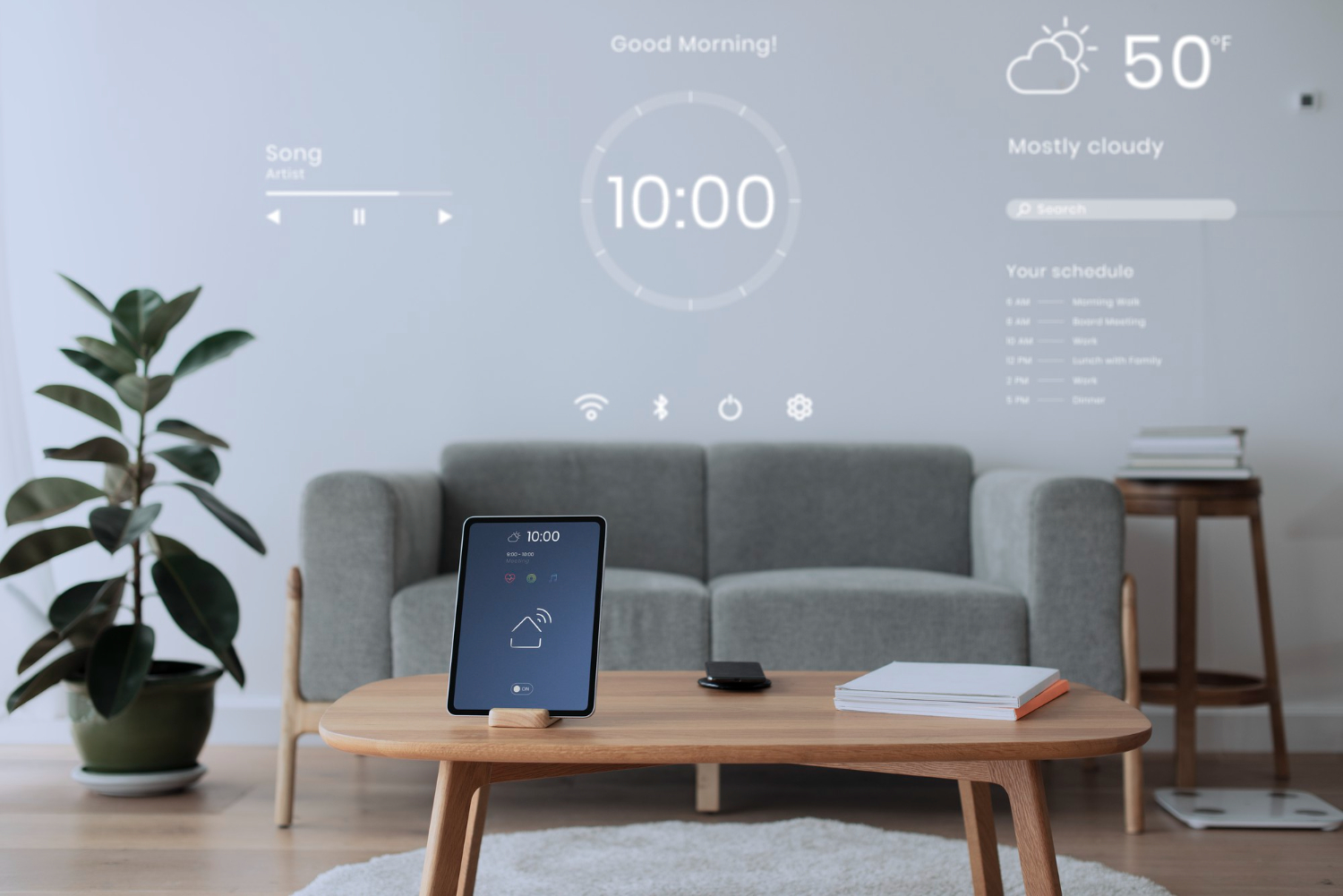smart homes and BMS Systems
smart homes and Building Management Systems (BMS) – we’re diving into the world of intelligent living! Let’s explore how these technologies elevate convenience, efficiency, and control.
What is a Smart Home?
A smart home refers to a residence equipped with devices that can be controlled remotely or automatically. These devices are interconnected through the Internet of Things (IoT), allowing them to communicate with each other and respond to specific commands or conditions.
Key Components of a Smart Home:
- Smart Lighting: Lights that can be controlled via smartphone or automated schedules.
- Smart Thermostats: Control heating and cooling systems for optimized energy use.
- Smart Security Systems: Cameras, door locks, and alarms that provide real-time updates and remote control.
- Voice Assistants: Systems like Amazon Alexa, Google Assistant, or Apple’s Siri that allow voice control of various devices.
- Appliance Control: Smart plugs or appliances that can be scheduled or controlled remotely.
What is a Building Management System (BMS)?
A BMS, or Building Management System, is a centralized system that monitors and controls a building’s mechanical, electrical, and plumbing systems. It’s commonly used in large commercial or industrial buildings but is increasingly seen in high-end residential complexes as well.
Key Features of a BMS:
- HVAC Control: Heating, ventilation, and air conditioning systems are managed for efficiency.
- Lighting Systems: Automated or sensor-based lighting to reduce energy consumption.
- Energy Management: Tracks and optimizes energy usage across the building.
- Security Systems: Monitors cameras, alarms, and access control.
- Fire Systems: Integrates with fire alarms and sprinklers to manage safety protocols.
Benefits of a Smart Home:
- Convenience:
- Control your home’s devices from anywhere using your smartphone, whether it’s adjusting the thermostat, locking doors, or turning off lights.
- Energy Efficiency:
- Smart thermostats, lighting, and appliances help minimize unnecessary energy usage by turning off or lowering consumption when not needed.
- Enhanced Security:
- Smart locks, cameras, and alarm systems provide real-time updates, remote control, and even video feeds, giving you peace of mind.
- Customization:
- Automate routines such as “Good Morning” or “Good Night” that trigger certain devices to turn on/off or adjust settings based on your preferences.
- Comfort and Accessibility:
- Systems can be tailored for easier accessibility, especially beneficial for the elderly or disabled. Voice control simplifies tasks like adjusting lights or controlling appliances.
Benefits of a BMS:
- Energy Savings:
- A BMS can optimize energy usage by controlling heating, cooling, and lighting systems based on occupancy and time of day, reducing waste.
- Improved Operational Efficiency:
- Building systems like HVAC and lighting are controlled centrally, leading to better coordination and minimizing downtime or malfunctions.
- Real-Time Monitoring:
- Facilities managers can monitor all aspects of the building’s operation in real time, allowing for quick responses to issues and better maintenance planning.
- Enhanced Security and Safety:
- BMS integrates with security systems, fire alarms, and emergency systems, ensuring a coordinated response in case of an incident.
- Extended Equipment Lifespan:
- By optimizing and automating systems, BMS helps reduce wear and tear on HVAC and electrical equipment, leading to fewer breakdowns and longer service life.
In summary, smart homes focus on enhancing daily convenience, security, and energy efficiency on a personal level, while BMS is about managing large-scale buildings with a centralized control system that optimizes operations and safety. Both bring a future-forward approach to living and managing spaces!


